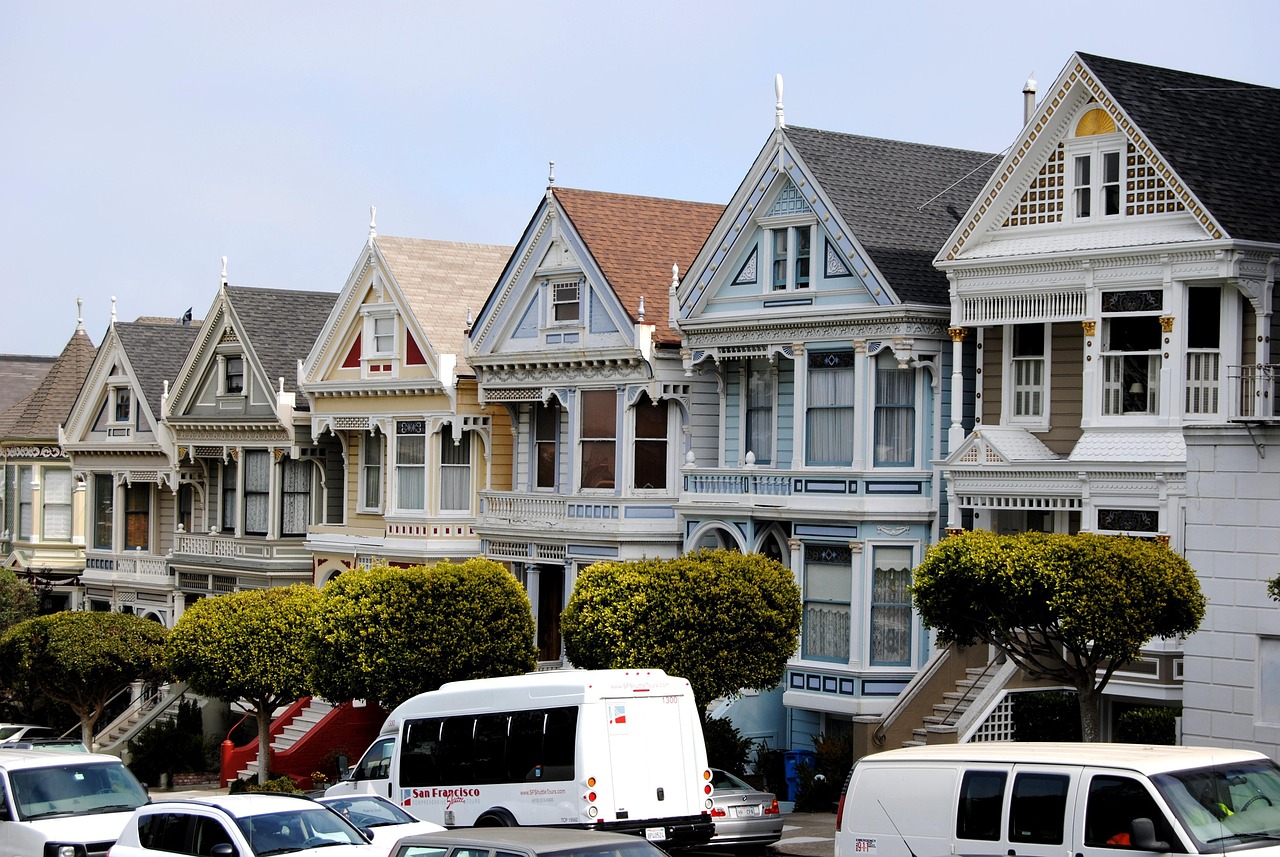
Picture this.
A mother tucks her child into bed without worrying about eviction. A young man starting a new job no longer sleeps in his car. A senior on a fixed income feels safe knowing she will not be priced out of her home.
Now imagine this happening across the country.
That is the goal of universal housing. It is a policy idea that treats shelter not as a privilege or a product, but as a basic human need that everyone should have access to.
Why Housing Matters So Much
Housing is more than four walls. It is the foundation for health, safety, and opportunity. Without it, everything becomes harder.
Millions of people in the United States are homeless or live in overcrowded or unsafe conditions. They are often forced to choose between paying rent and buying groceries, or between housing and medicine.
Housing should not be a reward for income. It should be a right for everyone.
What Universal Housing Proposes
Universal housing means that everyone would have access to a basic, safe place to live. These homes would be simple, affordable, and built to meet essential needs like heating, plumbing, and security.
This approach focuses first on people experiencing homelessness or at risk of losing their homes. It includes building more affordable housing, expanding shelter capacity, and offering stronger protections for renters to prevent unfair evictions or extreme rent hikes.
Importantly, this policy would not replace the private housing market. It would exist alongside it. People who want to rent or buy luxury homes could still do so.
Why This Helps More Than Just Individuals
When people have stable housing, communities thrive.
Children are more likely to stay in school and succeed. Adults are more likely to find and keep jobs. Public health improves, and emergency service costs go down.
Hospitals see fewer emergency visits. Cities spend less on shelters and crisis programs. Crime rates fall and neighborhoods grow stronger.
And when governments invest in housing, they also create construction jobs, increase local spending, and strengthen the economy.
The Cost of Doing Nothing
Yes, building and maintaining housing requires funding. But the long-term savings are significant.
Every year, cities spend billions responding to the effects of homelessness and housing instability. That includes healthcare, emergency shelter, policing, and lost economic productivity.
It is not just about spending money. It is about spending it wisely.
Research shows that providing housing is often cheaper than leaving people to cycle through emergency rooms, jails, or temporary shelters.
A Smarter, Fairer Future
Universal housing offers a clear and realistic way to solve one of America’s most urgent social problems. It is not about giving people luxury. It is about giving people stability, dignity, and a fair shot at life.
Everyone deserves a place to call home.
By investing in housing for all, we can reduce poverty, improve health, support economic growth, and build communities that work for everyone.


